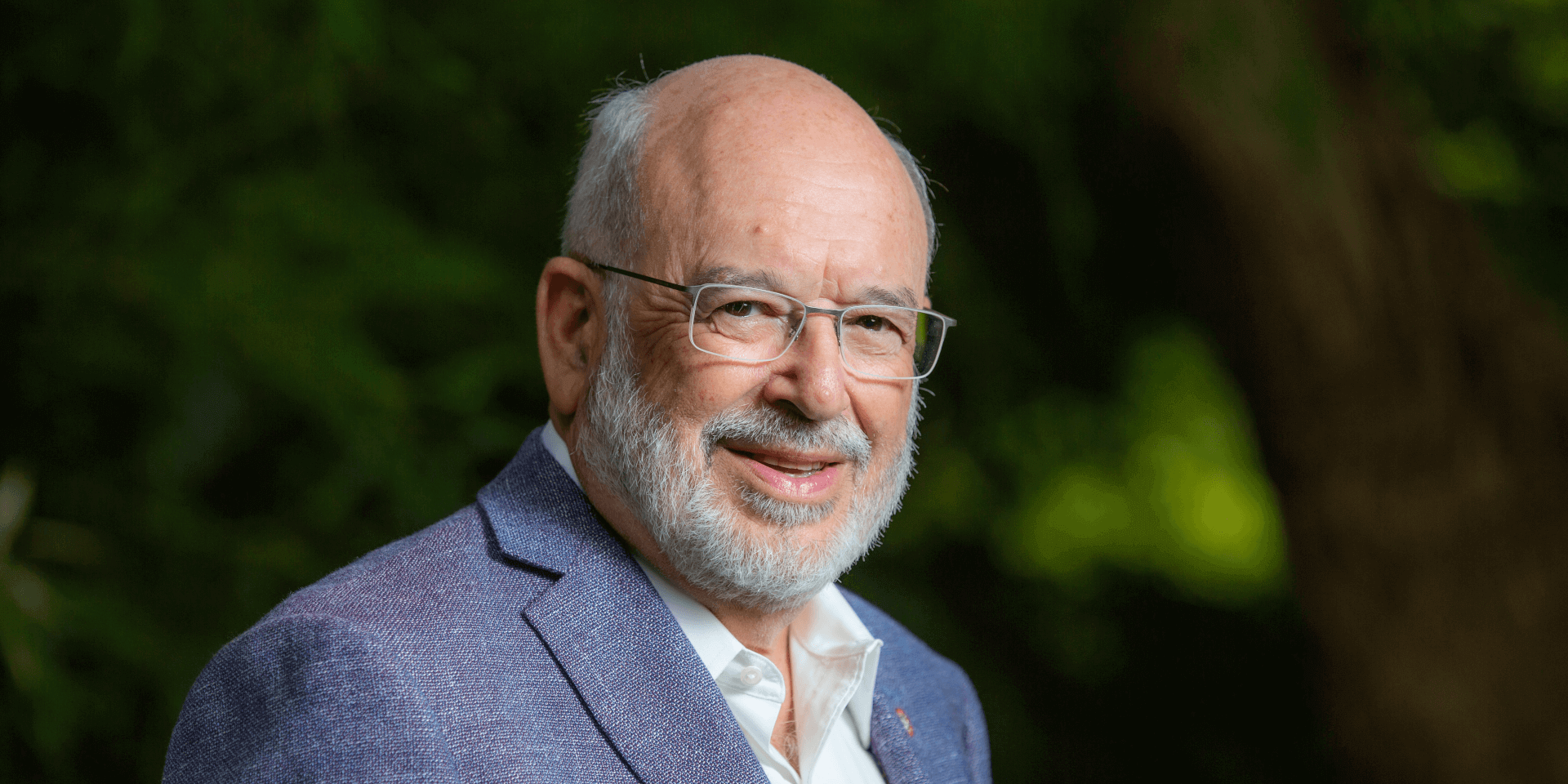
The International Science Council is present at the 2022 World Science Forum, which takes place this week in Cape Town, South Africa. ISC President Peter Gluckman, who was part of the Forum Steering Committee, participated in the opening ceremony. Find out more about all of the ISC’s activities at the Forum here.
Address by Peter Gluckman
On behalf of the International Science Council, I join in welcoming you to this edition of the WSF. The ISC’s predecessor organization ICSU was the founding partner with UNESCO in the first World Conference of Science Forum in partnership with UNESCO in 1989, and that led to the first edition of the Forum in Budapest four years later.
The ISC has a long history in – under different names – the singular international body bringing scientific organizations together for international effect. For example, as sponsor of the international Geophysical year in 1957 that led directly to the multilateral treaty that the Antarctic should be reserved for peaceful purposes – arguably the high point of science diplomacy. It was co-sponsor of the Villach conference of climate scientists in 1985 that urged the multilateral system to address climate change and that led directly to the formation of the IPCC. For much of that history, the larger of the ISC’s predecessors, ICSU was comprised of natural science unions and national scientific academies, and social science associations were organized separately.
But in 2018 the ISC in its current form was born, bringing the natural and social science global organizations together in a singular organization. Its first President and CEO were both from South Africa.
The ISC’s core mission is to be the global voice for and of science. Never has such a need been more urgent. Governments and societies need to understand and use science better, yet at the same time they are deluged with disinformation. We are failing on much of the sustainability agenda. Climate change is not being adequately addressed. Food, water and energy security issues remain the reality for many, especially on this continent. Inequality grows, issues of social justice are inadequately addressed, horrific conflicts continue and emerge. The list goes on. The COVID-19 pandemic may not yet be over but what COVID has shown is on one hand the interlinked nature of all of us, on the other the power of scientific cooperation that spans borders and the public and private sector.
Science is the one knowledge system that is genuinely global. And it is defined by principles, not by belief, dogma, or political interest. What are those principles? It seems important at this Forum, that we all understand what science is and is not, what it can do and what are its limits. Science is defined by being the systematic organization of knowledge that can be rationally explained, tested against reality, logic and the scrutiny of peers and reliably applied. Its disciplinary scope is broad as are its methodologies. But central to its principles are that the claims of science are open and subject to review in the face of new knowledge. These are powerful principles that serve the public good well.
But these principles are instrumentalized through science systems that vary by context, history, and culture. And the products of science are used by societies for both good and bad – be in in war or in the projection or power. But we must distinguish between addressing the issues of history and social justice and the contributions of particular science systems from the reality – that science is the most powerful tool we have to understand our world and address the many crises ahead of us. Science systems must evolve to do so, and we can see progress – the emergence of transdisciplinarity, engagement with other knowledge systems including traditional knowledge, the real attempts to bridge the gaps between the global north, east, west, and south with science, the increased diversity of those engaged in science, the emergence of open science and much more. But much of the science that we do stays locked within our own science communities and we must do much more to promote actionable knowledge. We will be launching initiatives in this area in 2023.
The world is a more fractured placed than when the Forum was first formed. In that context, science has much to contribute to help heal these fractures. In this Forum much of the discussion will be on issues of social justice and well-being for all. Our role as the global body particularly as it represents and integrates social science organizations is clear. But what is also clear is that the global science community must use the principles that define science to commit with energy and good science to help address the social, environmental, economic, and political challenges that the people of all continents, but particularly those on this continent face. Your presence here is part of that commitment.
ISC President, Peter Gluckman @petergluckman
At the opening of the 2022 World Science Forum, Cape Town, South Africa
👉 Visit the ISC at the World Science Forum at stand 321 in the Exhibition Hall
👉 Join the ISC sessions at the World Science Forum